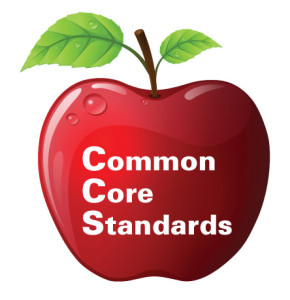
The Common Core curriculum and the assessments that come with it are being closely scrutinized and fiercely debated across the United States. New York is experiencing nothing less, but the debate regarding standardized tests has been a bit quieter.
The reason for this is that NY has delivered standardized tests since the 1800s. Regents exams were first authorized in 1864 for 8th grade students. The results of the test were one factor that was used to determine how the state allocated education funds.
High School Regents exams arrived in 1876 in order to ensure that all of the state’s high schools were offering challenging and appropriate programs of study. The list of exams numbered well over 50 until changes to comprehensive exams began in the 1930s. Comprehensive exams are familiar to us since they are still with us. English Language Arts and United States History and Government are comprehensive exams where pre-1930s exams were narrowly focused as in Rhetoric and English Composition and Moral Philosophy.
The Common Core has nearly seamlessly merged with this long tradition of NY state standardized assessments at the high school level, but not as neatly at the elementary level. Elementary testing has become much more demanding with the Common Core. There are now year end English Language Arts and Mathematics tests for grades 3-8.
This has stirred up much controversy in the state. Many stakeholders believe that testing is taking up too much of the school year. Teachers are complaining that they cannot deliver all of the material that will be on the tests. Their students will be tested on information that they have never learned. Common Core supporters say that elementary students will learn more and do better in high school. This will improve the United States apparent learning gap when compared to other countries.
Is the Common Core attempting to raise standards by ensuring that students are learning challenging and appropriate material or is the Common Core unduly stressing students and teachers with impossible expectations?
Where do you stand on this debate?
Sources:
History of NY Regents Examinations: 1865 to 1987
Common Core ELA and Mathematics Tests (EngageNY)
Image credit: http://www.mathrise.com/Is-Your-Child-Ready-For-Common-Core/
